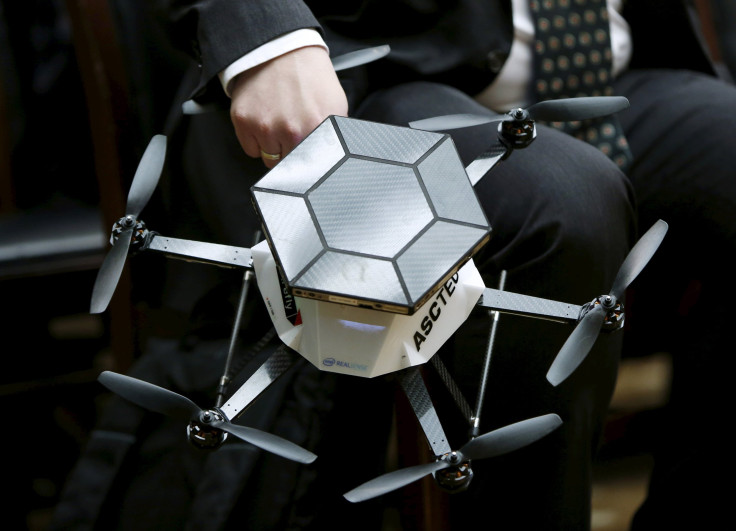UN Wants All Drones Registered In Global Registry

To register or not to register? This question has been haunting aviation authorities about drones for long – the United Nations’ aviation authority the International Civil Aviation Organization (ICAO) has called for a global drone registry, Reuters reported Friday.
According to the report, the effort is a part of a larger plan to create a common framework of rules to fly and track unmanned aerial vehicles.
Many countries including the U.S. have tried to create a drone registry before and failed. The Federal Aviation Administration called for registration of all drones in the U.S. in March, but the 2015 Department of Transportation backing was stuck down by a Washington D.C. court in May, prompting the aviation authority to rescind its order.
Even the UN’s call does not really seem substantial since the ICAO does not have any authority to impose drone registration regulations on any country even though a global drone registry sounds like a novel idea since it will eliminate the need for multiple area-wise registries. It will also let drone owners take their drones past international borders – something they cannot do currently.
“They (drone makers) are worried that Europe might create one set of standards, the United States might do a second and China might do a third. And they’ve got to build a drone differently in these different environments,” Stephen Creamer, director of ICAO’s air navigation bureau told Reuters on Friday.
The problem with registration of drones is that there is no universal standard for drones, they range from ones worth millions of dollars to ones that come for hundreds of dollars. They are used for a variety of purposes from military to basic entertainment. It will also create privacy issues as registered drones might be used to keep track of owners.
But, there are other pertinent issues that call for a regulatory mechanism for drones – most importantly, the issue of airspace. While most non-commercial drones do not fly too high, powerful ones face the risk of colliding with a jet. Furthermore, the use of drones for malicious purposes such as illegal surveillance cannot be ruled. A drone equipped with a camera can easily trespass over a person’s property and privacy at the same time.
However, a registry seems like an antiquated solution, not an ideal one. A better solution may be owner-end regulations on drones – such as fitting geofencing mechanisms on all drones that can help them evade protected areas. Moreover, the need of the hour is consumer education about the do’s and don’ts of owning and operating drones. With the commercial applications of drones such as drone-based deliveries on the horizon, the need for such mechanisms is even more pertinent.
ICAO will host a symposium on issues such as registering and tracking drones, geofencing protected areas, i.e. restrict drones from flying over restricted airspace and protected areas from Sept. 22-23. The symposium will include executives from companies working on drone technology such as Google and Amazon.
© Copyright IBTimes 2024. All rights reserved.





















